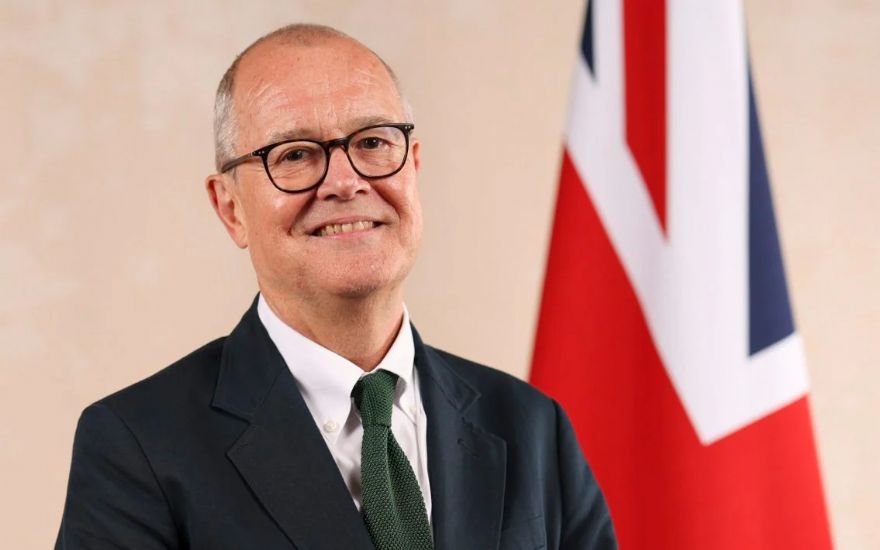
Last month, and in his first week as the UK’s new Science Minister at the
G7 Science and Technology Ministerial in Italy, Patrick Vallance declared UK science and technology “open for business”, and in doing so the UK joined international partners in a commitment to boost research security and collaboration on large research infrastructure, biotechnology, and key technologies such as artificial intelligence (AI) supported by supercomputing.
Science Minister Vallance said: “This joint undertaking is part of the Government’s plan to strengthen ties with international partners and rebuild the UK’s reputation as a strong, reliable partner, while harnessing the power of science and technology for global benefit. The commitments made in Bologna will further allow us to collaborate with international partners and accelerate investments in cutting-edge technologies, creating the jobs of the future.
“Science is fundamentally international, and to succeed it depends on trust, collaboration and openness; but in an increasingly volatile world, that trust and collaboration is under threat. That is why the commitments we have made at the G7 are so important. Science can help deliver a safer, more prosperous world, but only when we take steps to keep research secure by working together to ensure data is open and accessible, pooling our resources to develop cutting-edge long-term research infrastructure and, above all, standing in solidarity and supporting researchers who are under threat.”
During the meetings with his counterparts, Minister Vallance referred to the work of international research infrastructures such as CERN and the Square Kilometre Array Observatory (SKAO). He also offered the UK’s support on the FAIR data accelerator pilot, which aims to help researchers make data more findable, accessible, interoperable and reusable (hence the acronym FAIR).
The UK is also working closely with other G7 members on computing capacity, such as through the UK’s recent access to world-class European supercomputing resources through the
EuroHPC Joint Undertaking.
“The G7’s focus on research security is an incredibly important step. R&D is the engine that powers sustained economic growth, which ultimately improves prosperity and living standards for all working people. However, the world is growing more volatile and insecure, with the threats to the research community growing too. The risks posed by theft, misuse and exploitation of sensitive research are evolving, which is precisely why like-minded allies such as the G7 need to set the agenda, globally, on proportionally managing this issue.”